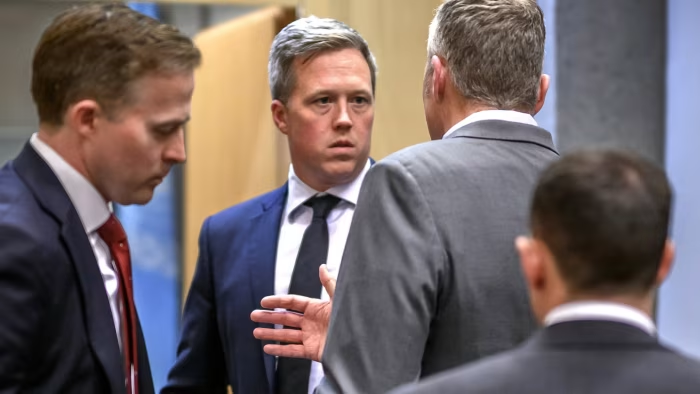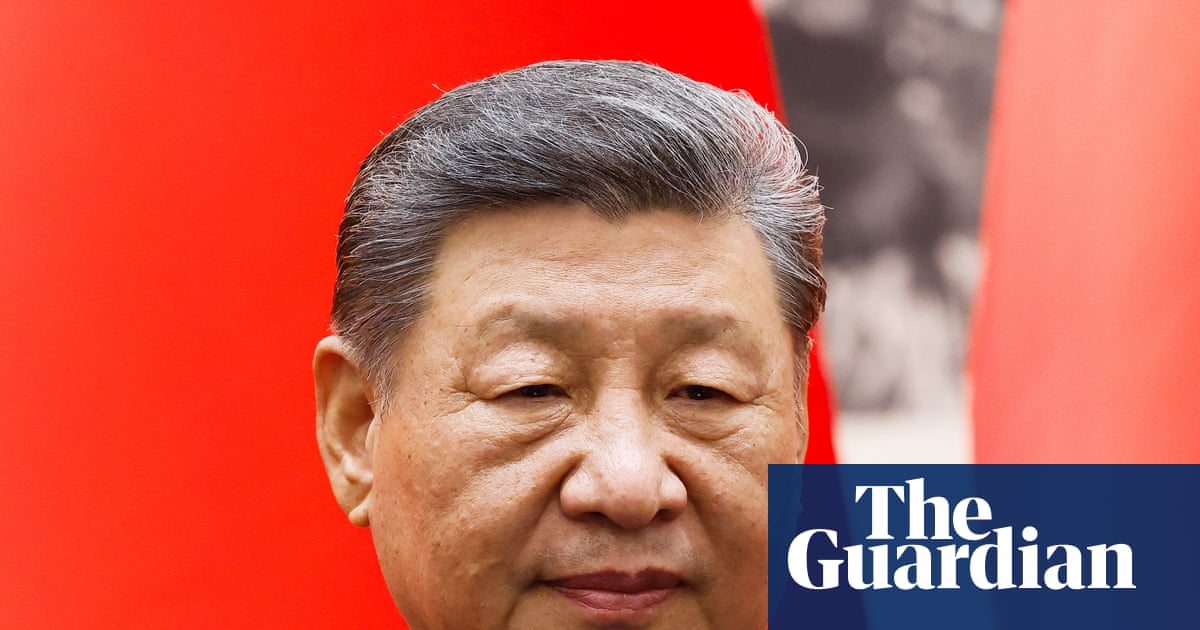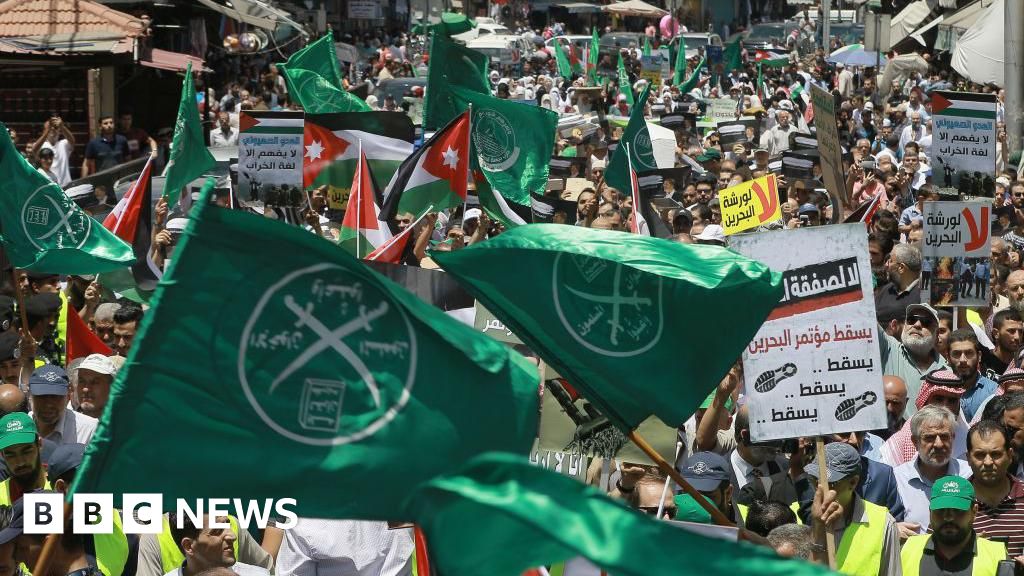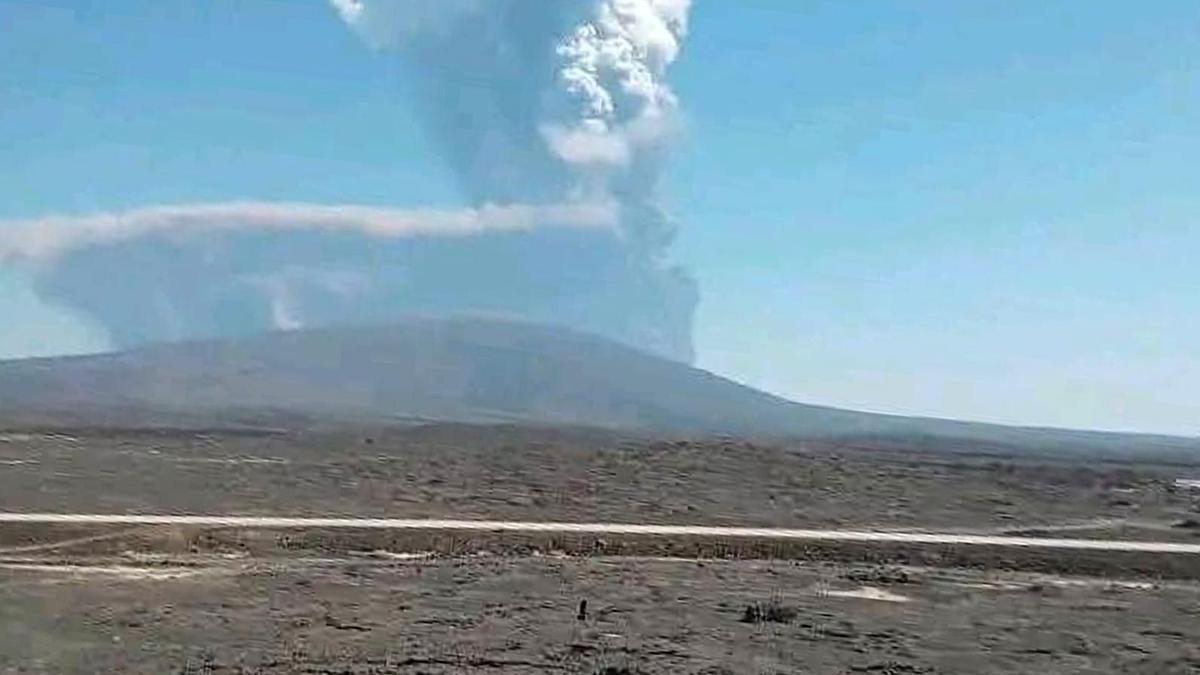Dawn was breaking over the Amazonian city of Belém on Saturday morning, but in the windowless conference room it could have been day or night. They had been stuck there for more than 12 hours, dozens of ministers representing 17 groups of…
Category: 2. World
-

US holds Russia-Ukraine peace talks in Abu Dhabi
Unlock the White House Watch newsletter for free
Your guide to what Trump’s second term means for Washington, business and the world
US army secretary Dan Driscoll is holding talks in Abu Dhabi with Ukraine’s military intelligence chief and a…
Continue Reading
-
Air India, Akasa cancel flights after Ethiopia volcano erupts – Reuters
- Air India, Akasa cancel flights after Ethiopia volcano erupts Reuters
- Ash cloud from Ethiopian volcano eruption to have no significant impact on southern Pakistan, says PMD Dawn
- Ethiopian volcano erupts after lying dormant for 12,000 years Al…
Continue Reading
-

China’s Xi Jinping raises future of Taiwan in call with Donald Trump | China
Chinese leader Xi Jinping has told Donald Trump that Beijing’s claims to Taiwan remain unchanged, in a phone call that came amid rising tensions over the self-governing island.
Xi told Trump on Monday that Taiwan’s return to China was an…
Continue Reading
-
Ethiopian volcanic eruption: How long will the ash cloud linger over India; where is it heading next? – Times of India
- Ethiopian volcanic eruption: How long will the ash cloud linger over India; where is it heading next? Times of India
- Ash cloud from Ethiopian volcano eruption to have no significant impact on southern Pakistan, says PMD Dawn
- Ethiopian volcano…
Continue Reading
-
Australian Senate suspends far-right leader over 'disrespectful' burqa stunt – Reuters
- Australian Senate suspends far-right leader over ‘disrespectful’ burqa stunt Reuters
- Australia senator suspended after burka stunt in parliament BBC
- X users furious over Australian senator using the burqa as an Islamophobic prop — for the…
Continue Reading
-

Trump moves to sanction some Muslim Brotherhood chapters
US President Donald Trump has ordered officials to examine whether to designate some chapters of the Muslim Brotherhood as terrorists groups, a move that would target the group with economic and travel sanctions.
His executive order on Monday…
Continue Reading
-
Ottawa close to uranium deal with India worth $2.8 billion, Globe and Mail reports – Reuters
- Ottawa close to uranium deal with India worth $2.8 billion, Globe and Mail reports Reuters
- Canada, India agree to restart trade talks, New Delhi says Dawn
- Following are the top foreign stories at 1700 hours Press Trust of India
- Strategic Clean…
Continue Reading
-

Ethiopia’s volcanic eruption LIVE: Ash cloud from volcano to clear India by 7:30 p.m., says IMD
IndiGo, Air India, and Akasa Air have assured passengers that safety remains their top priority following the eruption of Ethiopia’s Hayli Gubbi volcano, whose ash clouds are drifting towards parts of India.
IndiGo, in a statement shared on X,…
Continue Reading
-
Decency knows no passport – Dawn
- Decency knows no passport Dawn
- India’s Tejas jet-maker HAL calls Dubai crash an isolated occurrence Reuters
- Indian fighter jet pilot killed in crash at Dubai airshow BBC
- Dubai Crash May Further Dim Export Prospects For a Tejas Already Vulnerable…
Continue Reading
